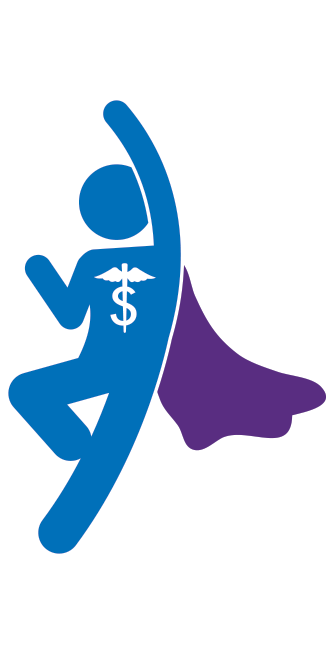HSA INVESTING/RETIREMENT QUIZ
Progress
1. Medicare will cover 100% of your medical expenses post-retirement.
*Medicare will not cover all medical expenses incurred after retirement. Dental, vision and hearing expenses may not be covered by Medicare.
*Medicare will not cover all medical expenses incurred after retirement. Dental, vision and hearing expenses may not be covered by Medicare.

2. An HSA is a valuable retirement savings tool.
*An HSA provides the greatest amount of tax relief of any other retirement account because of pre-tax contributions, tax-free earnings, and tax-free distributions when used for for qualified medical expenses.
*An HSA provides the greatest amount of tax relief of any other retirement account because of pre-tax contributions, tax-free earnings, and tax-free distributions when used for qualified medical expenses.

3. An HSA is the only retirement account that allows for tax-free contributions and distributions.
*All other retirement accounts are either taxed when making contributions, or taking distributions. HSAs allow for pre-tax contributions, tax-free earnings, and tax-free withdrawals when used for qualified medical expenses.
*All other retirement accounts are either taxed when making contributions, or taking distributions. HSAs allow for pre-tax contributions, tax-free earnings, and tax-free withdrawals when used for qualified medical expenses.

4. Earnings on invested dollars are NOT tax-free.
*All earnings on your HSA balance and invested dollars are tax-free.
*All earnings on your HSA balance and invested dollars are tax-free.

5. While enrolling in Medicare disqualifies you from making any additional HSA contributions, you can still use the money in your account to pay for expenses that Medicare does not cover.
*An HSA can fill the Medicare gap and pay for the medical expenses Medicare does not cover.
*An HSA can fill the Medicare gap and pay for the medical expenses Medicare does not cover.

6. HSAs can be invested in the same investments approved for IRAs (stocks, mutual funds, bonds, etc.)
*While specific funds vary by HSA administrator, you are able to invest your HSA dollars, similar to your IRA and 401(k).
*While specific funds vary by HSA administrator, you are able to invest your HSA dollars, similar to your IRA and 401(k).

7. You are able to transfer funds from an existing traditional or Roth IRA to your HSA once in a lifetime.
*Transferring funds from a traditional or Roth IRA to your HSA is allowed once per lifetime, and cannot exceed the annual HSA contribution maximum.
*Transferring funds from a traditional or Roth IRA to your HSA is allowed once per lifetime, and cannot exceed the annual HSA contribution maximum.

8. HSA required minimum distributions start at age 70
*There are no required minimum distributions for HSAs. By keeping your receipts, you can use your HSA balance to reimburse yourself for earlier expenses accrued since your HSA establishment.
*There are no required minimum distributions for HSAs. By keeping your receipts, you can use your HSA balance to reimburse yourself for earlier expenses accrued since your HSA establishment.

9. After age 65, you can withdraw HSA funds for non-medical expenses and pay regular income tax, while avoiding the 20% penalty.
*After age 65, if you withdraw funds for any purpose other than qualified medical expenses, you will be subject to income taxes. Funds withdrawn for qualified medical expenses will remain tax-free.
*After age 65, if you withdraw funds for any purpose other than qualified medical expenses, you will be subject to income taxes. Funds withdrawn for qualified medical expenses will remain tax-free.

10. Is there a limit to the amount you can invest?
*While there are limits to the amount you can contribute to your HSA each year, there are no limits to the amount you can invest from your HSA cash balance.
*While there are limits to the amount you can contribute to your HSA each year, there are no limits to the amount you can invest from your HSA cash balance.



